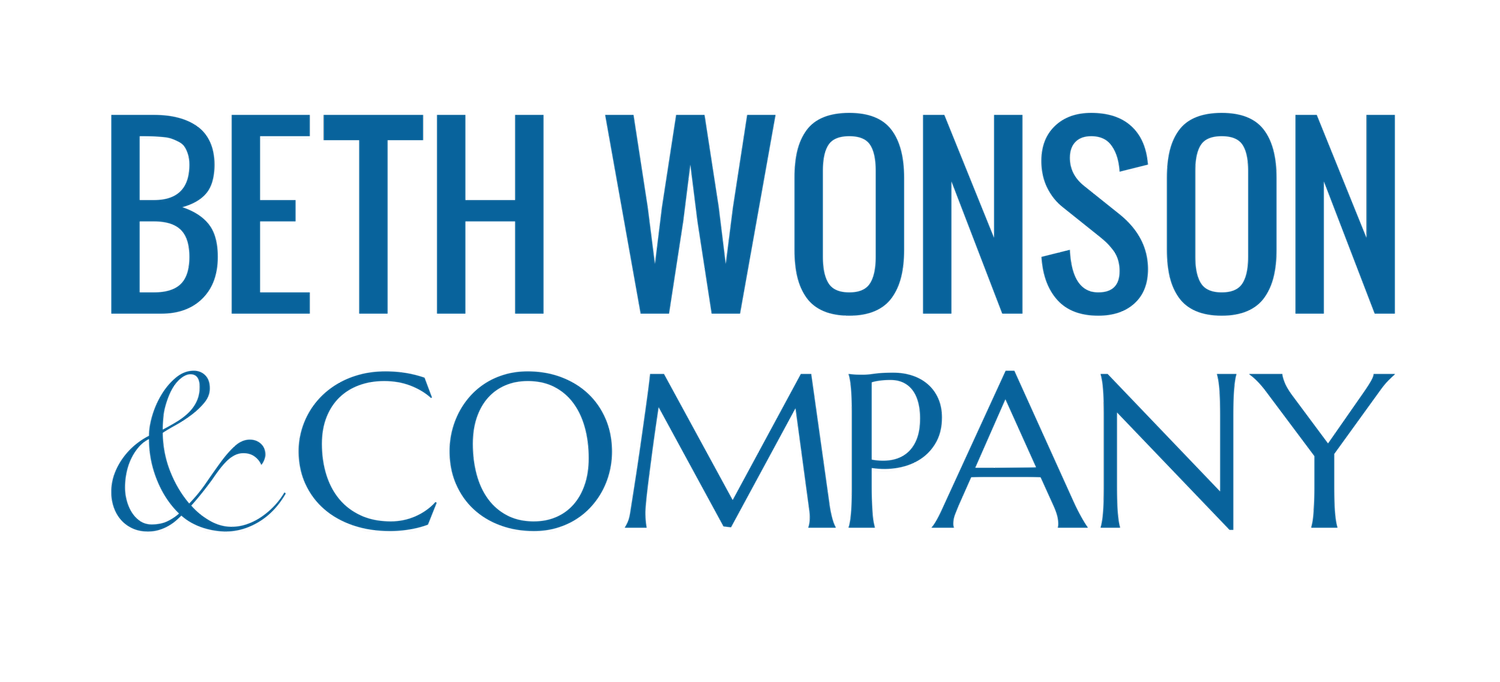Is your communication style secretly holding you back?
“Rachel” came to me for coaching because she had been working hard at her job for a few years. Her goal was to be promoted to the next level but had been passed over twice when promotions came up.
The feedback she received was that she was a highly valued employee because of her technical skills and knowledge, but her communication style wasn’t aligned with what the company was seeking. Rachel was one of the more fortunate people who was passed over for promotion because she actually got feedback on what was holding her back.
Many people who can’t seem to break through to the next level at work often don’t have a clear idea why they’re stuck. Eventually they either settle for the job they have or leave hoping to find greener pastures.
For a long time, it was commonly believed that communication style is something a person “has” or “doesn’t have”. Companies weren’t interested in helping people develop these skills.
I am here to tell you that with the right coach and mentor, you can absolutely build on your communication strengths and close your communication gaps. To start, it is important to understand how you came to form your unique communication style.
Developing our Communication Style
Our Communication Style is developed through a combination of:
How you were socialized
Your background and culture
The role modeling you experienced
Birth order
Beliefs, biases, and values
How you process and think
Your level of self-awareness and emotional self-management
Curiosity
Exposure to trauma
Improving our Communication Style
In life most of us don’t receive direct, clear, and actionable feedback on our communication skills for these very real reasons:
The people who love us often share the same experiences, beliefs, and values we do. They accept our communication style as a norm.
People who love us don’t want to hurt our feelings or lose connection so they create workarounds to deal with our gaps in effective communication.
Most supervisors are uncomfortable with direct feedback and don’t really know how to mentor and develop employees.
Many employers are actually highly motivated to have people with strong technical skills and knowledge just stay put and do the work.
When people avoid us, it is more comfortable to blame or dismiss them than it is to reflect on how our own communication style may have influenced the disconnection.
It can be very uncomfortable, and takes courage, to delve into how your communication style could be holding you back. I know because I have had to do that several times over my career and my personal life.
This is why I am so passionate about helping others to take a deep look at their communication in an emotionally safe way. We work together to discern how aspects of their communication skills may be keeping them from moving forward in the ways they want to both personally and professionally.
If you have the sense that perhaps some aspects of your communication skills could be preventing you from moving forward, let’s chat. I can help.
